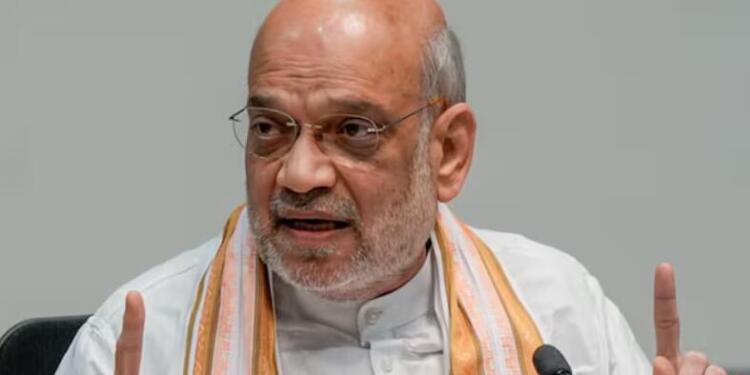In a significant move aimed at empowering drivers and reducing dependency on private aggregators, Union Home Minister Amit Shah announced the launch of ‘Sahkar Taxi’, a cooperative-based ride-hailing service. Speaking in the Lok Sabha, Shah emphasized that this initiative aligns with Prime Minister Narendra Modi’s vision of ‘Sahkar Se Samriddhi’ (Prosperity through Cooperation).
The Sahkar Tax initiative is designed to function similarly to existing app-based services like Ola and Uber but with a crucial difference, it eliminates intermediary commissions. Under this model, cooperative societies will be able to register two-wheelers, taxis, rickshaws, and four-wheelers, ensuring that drivers receive their full earnings without deductions from middlemen.
Amit Shah highlighted that the Ministry of Cooperation has been actively working for three and a half years to bring this concept to reality. He assured that the new service will launch in a few months, directly benefiting thousands of drivers by allowing them to retain their entire income.
The announcement comes amid growing scrutiny of private ride-hailing platforms Ola and Uber over alleged discriminatory pricing.
The Central Consumer Protection Authority (CCPA) recently issued notices to both companies following claims that fares varied based on a user’s phone model specifically, iPhone users were allegedly charged higher fares than Android users for the same ride. While both Ola and Uber have denied such allegations, the controversy gained momentum after a viral social media post in December 2024 showed two different fares for the same Uber ride on different smartphones.
Consumer Affairs Minister Pralhad Joshi condemned such differential pricing, calling it an unfair trade practice. He further announced that the government would expand its investigation into pricing strategies across other digital platforms, including food delivery services and online ticketing portals. With Sahkar Taxi set to enter the market, the government aims to provide a fair, transparent, and driver-friendly alternative, ensuring that earnings go directly to those providing the service rather than corporate intermediaries.
























